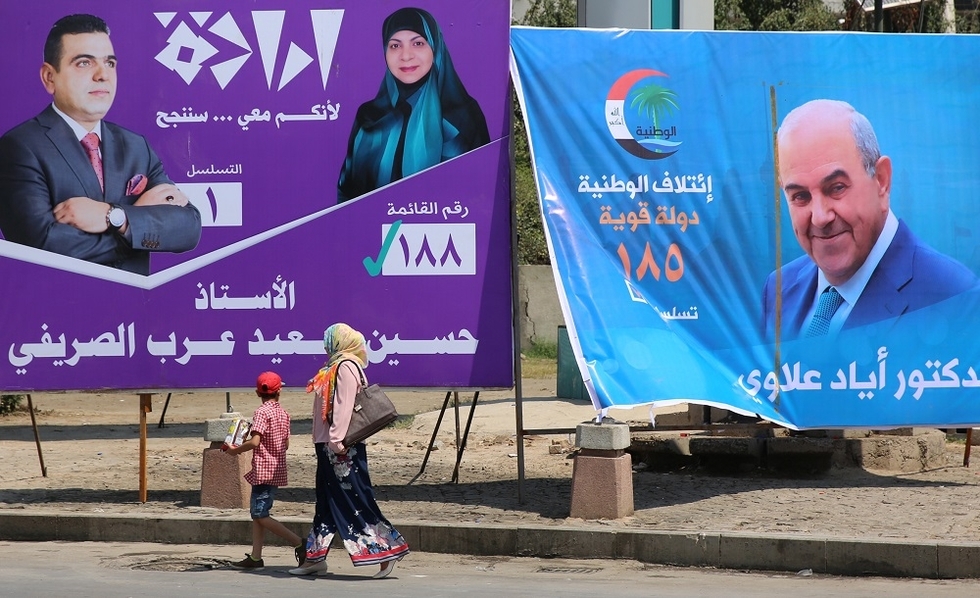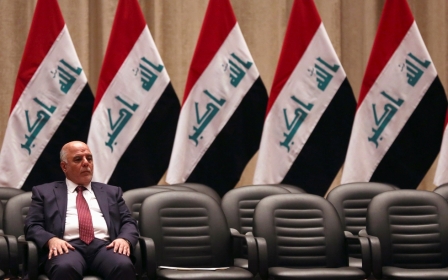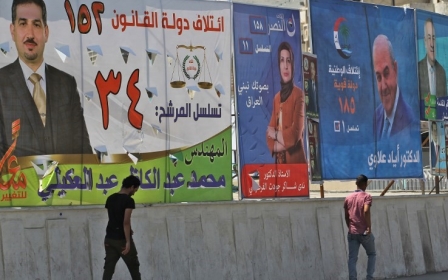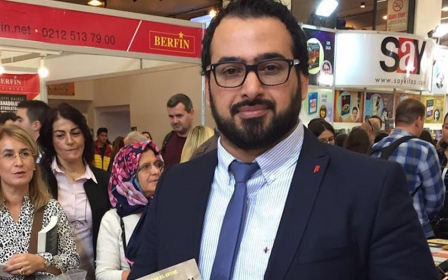Iraqi political candidate assassinated near Mosul, IS claims responsibility

The Islamic State group (IS) claimed responsibility for the assassination on Monday of a candidate in Iraq's parliamentary election just days ahead of the polls.
Faruq Zarzur al-Juburi, a candidate loyal to Vice President Ayad Allawi, was shot dead by gunmen at his home near Mosul, the former IS bastion in northern Iraq, a local official said.
Local official Salah al-Juburi said the gunmen killed the candidate at his home in the town of Qayyarah, 70km south of Mosul, after storming his house.
In a statement on the messaging app Telegram, the militant group said Juburi was killed because he was "an atheist".
IS had threatened to attack Iraqi polling stations and voters during the parliamentary election that will be held on Saturday, in a statement issued last month by its spokesman Abu Hassan al-Muhajir.
"Oh Sunnis... we know that the government of Rafida (a pejorative term for Shia) is on the verge of what they call elections," he said.
"Our judgment will apply to those who call for them and participate in them... The voting centres and those in them are targets for our swords, so stay away from them and do not walk nearby," he added.
While Juburi is a Sunni Muslim, Allawi is a member of Iraq's majority Shia community.
Radical groups such as IS and al-Qaeda before it have long targeted Shia in Iraq.
The 12 May polls are the first to be held since Iraqi Prime Minister Haider al-Abadi declared victory over IS in December.
Abadi vowed last month to "take all necessary measures if they (IS) threaten the security of Iraq".
The militant group, which had launched a sweeping offensive in 2014 and at one point controlled one-third of Iraq, still holds pockets of desert along the border with Syria.
Juburi’s assassination came a day after Iraqi air forces carried out a raid targeting IS commanders in eastern Syria, in the second such strike on the militants since mid-April.
New MEE newsletter: Jerusalem Dispatch
Sign up to get the latest insights and analysis on Israel-Palestine, alongside Turkey Unpacked and other MEE newsletters
Middle East Eye delivers independent and unrivalled coverage and analysis of the Middle East, North Africa and beyond. To learn more about republishing this content and the associated fees, please fill out this form. More about MEE can be found here.




